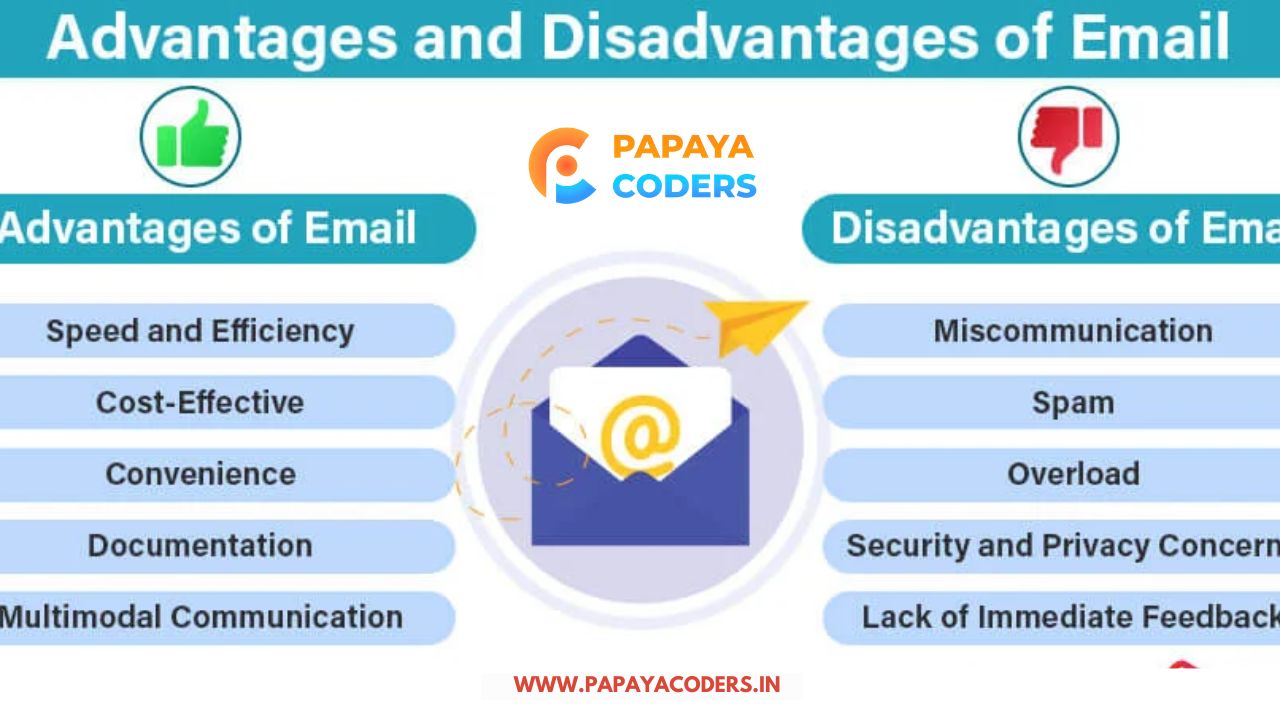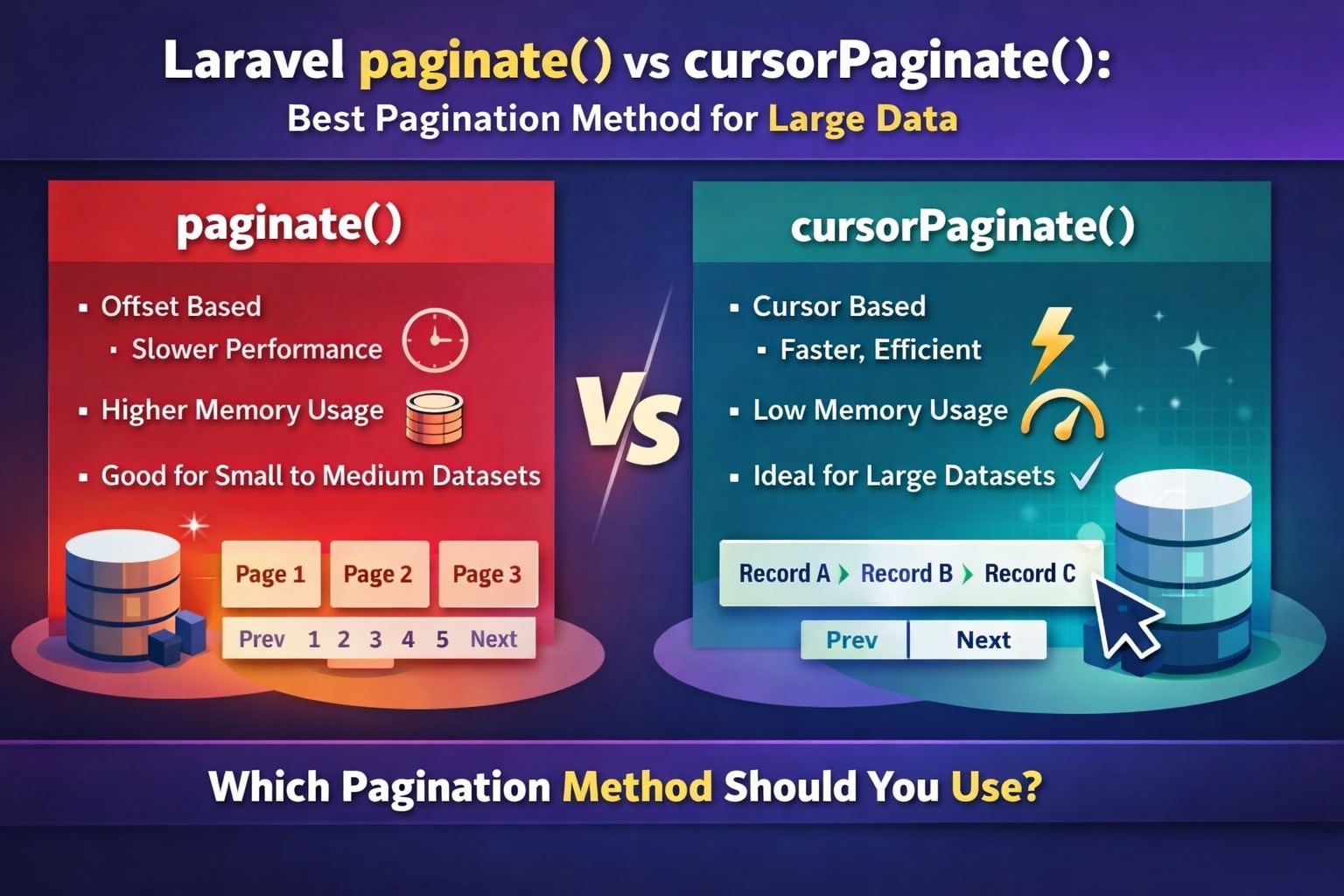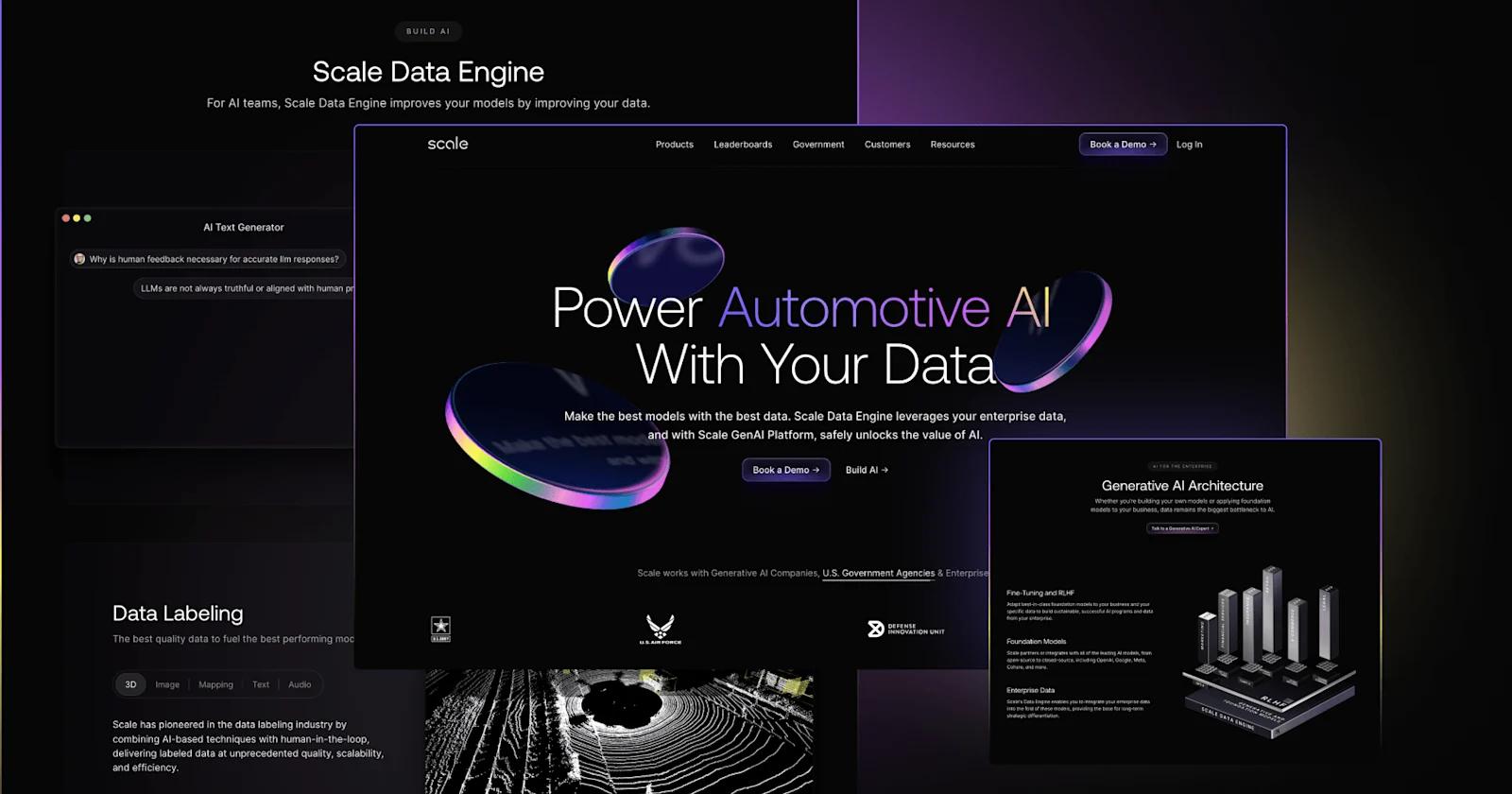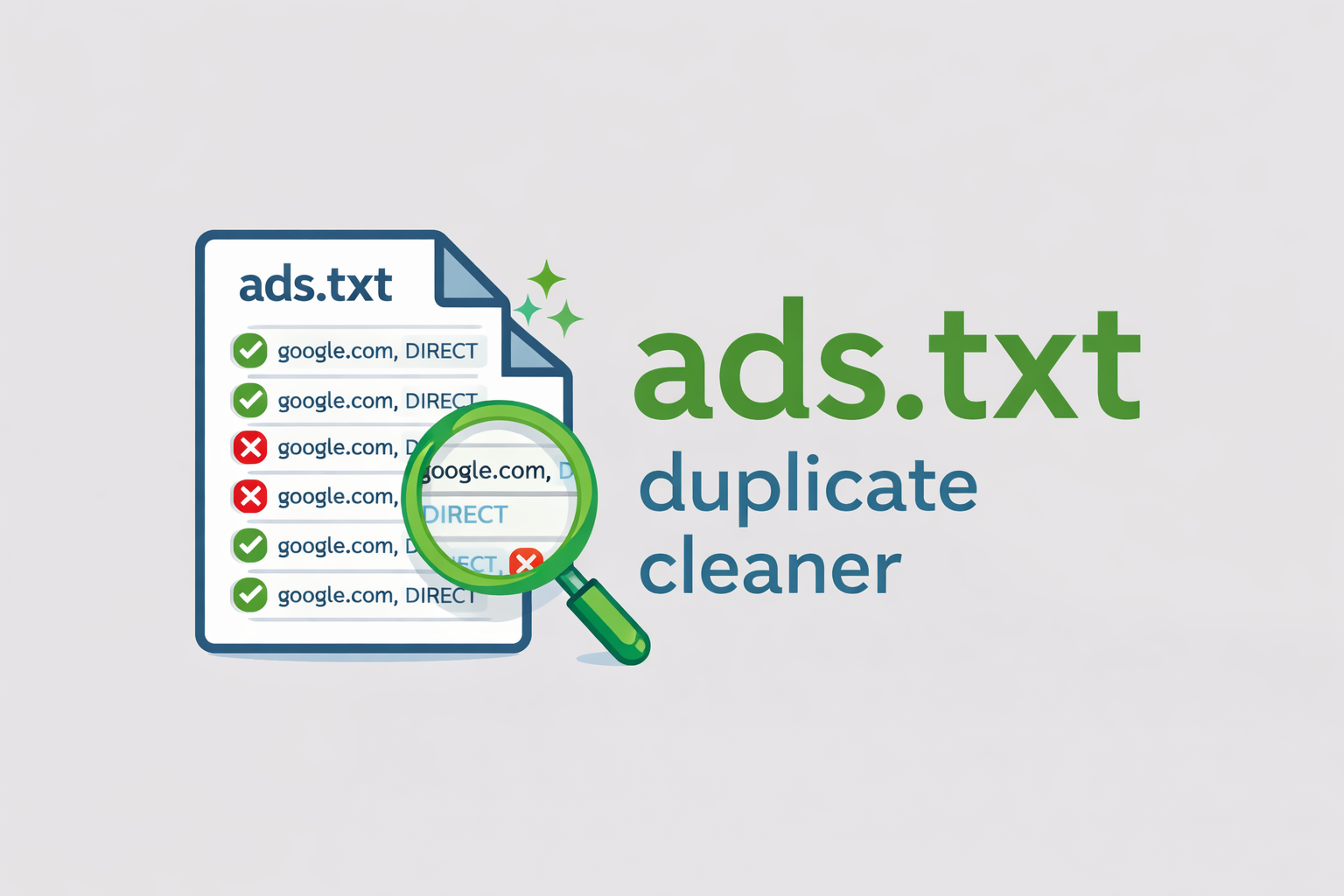Email marketing is a powerful digital marketing tool that allows businesses to reach their target audience directly. It involves sending promotional messages, newsletters, or updates to a group of subscribers via email. Despite its effectiveness, email marketing has its pros and cons.
In this article, we will explore the advantages and disadvantages of email marketing and provide insights into its impact on businesses. Let’s divine and know it!
What is Email Marketing?
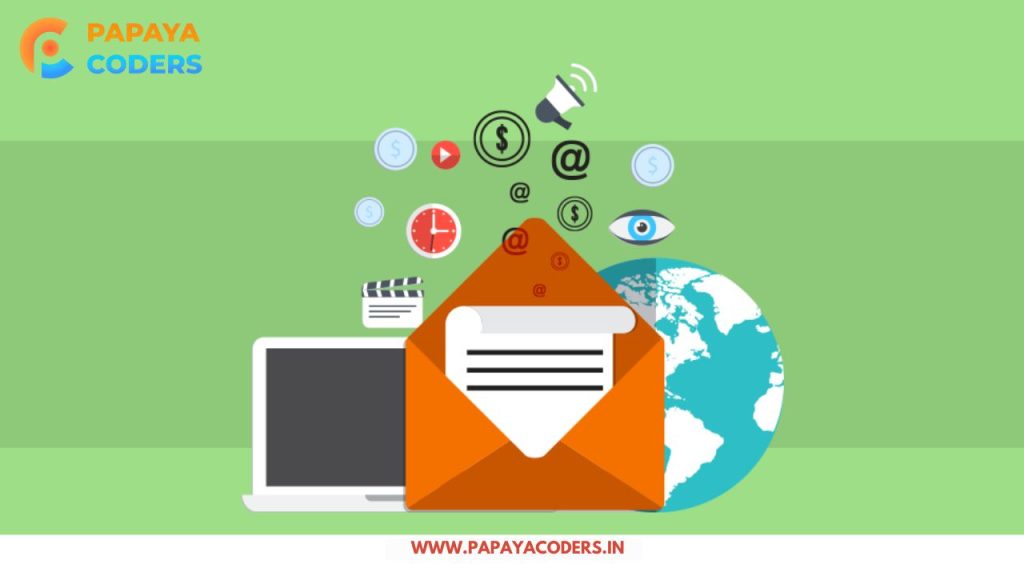
Email marketing is a digital marketing strategy that involves sending emails to a targeted audience to promote products, services, or content. It helps businesses connect with potential and existing customers, build relationships, and drive sales. Email marketing includes newsletters, promotional campaigns, product announcements, and personalized messages.
Read also:-
- How to Use Robots TXT for SEO: Master Website’s Rankings!
- How much can a Fresher Earn in Digital Marketing ??
Advantages of Email Marketing
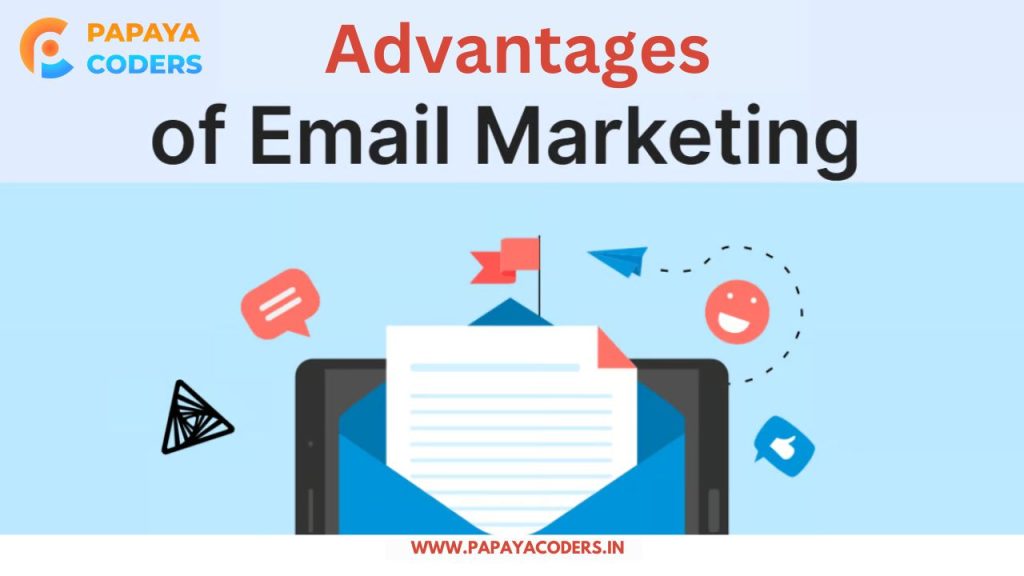
1. Cost-Effective
Email marketing is highly cost-effective compared to traditional marketing methods. There are no printing or postage costs, and many email marketing tools offer affordable pricing plans, making it accessible for small businesses and startups.
2. Direct and Targeted Communication
With email marketing, businesses can send personalized messages to specific audience segments. This targeted approach increases the chances of engagement and conversions as the content is relevant to the recipient’s interests and preferences.
3. High Return on Investment (ROI)
Email marketing offers one of the highest ROI among digital marketing channels. According to industry reports, for every dollar spent on email marketing, businesses can expect an average return of $42.
4. Easy to Measure and Analyze
Email marketing platforms provide detailed analytics, including open rates, click-through rates, bounce rates, and conversion rates. This data allows businesses to measure the success of their campaigns and make data-driven decisions for future strategies.
5. Increases Brand Awareness
Regular email communication keeps your brand at the forefront of customers’ minds. By consistently delivering valuable content, businesses can build brand loyalty and trust among their subscribers.
Disadvantages of Email Marketing
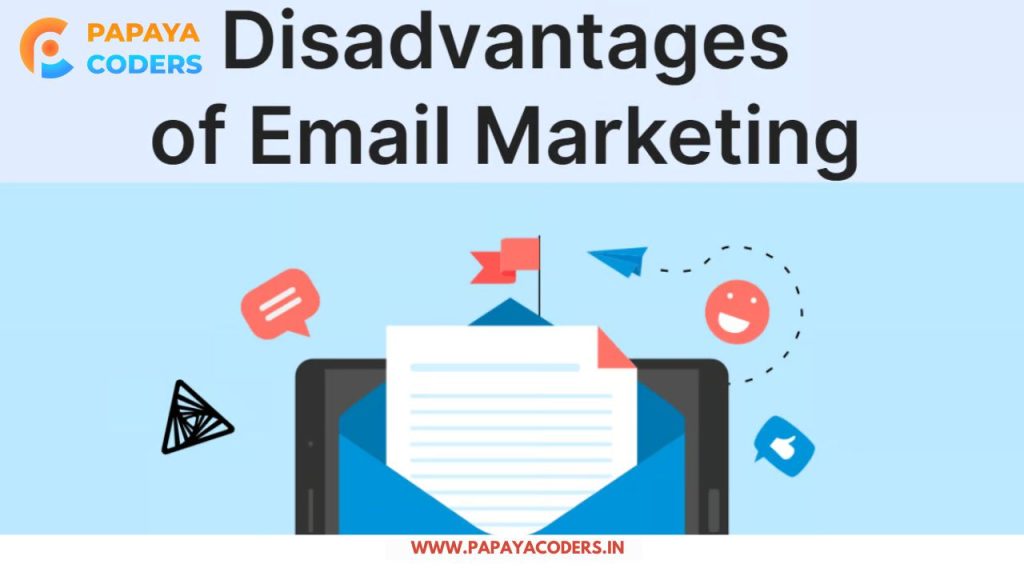
1. Spam and Unsubscribe Issues
One of the significant challenges of email marketing is the risk of emails being marked as spam. If recipients find the content irrelevant or too frequent, they may unsubscribe, leading to a decline in the subscriber list.
2. Deliverability Challenges
Email deliverability depends on various factors, including sender reputation, email content, and spam filters. Emails may end up in the junk folder if not properly optimized, reducing their effectiveness.
3. Design and Technical Issues
Emails may not display correctly on all devices or email clients, leading to poor user experience. Responsive design and cross-platform compatibility are essential to ensure that emails look appealing on all screen sizes.
4. Privacy and Security Concerns
Email marketing involves collecting and storing customer data, raising privacy and security concerns. Compliance with data protection regulations, such as GDPR, is crucial to avoid legal issues.
5. Overuse and Fatigue
Sending too many emails can lead to email fatigue, causing subscribers to ignore or delete emails without reading them. Maintaining an optimal email frequency is essential to keep the audience engaged.
How to Overcome Email Marketing Disadvantages
- Create Relevant Content: Send personalized and valuable content that resonates with your audience.
- Segment Your Audience: Group subscribers based on their preferences and behaviors for targeted messaging.
- Optimize Email Design: Use responsive templates to ensure compatibility with all devices.
- Maintain Email Frequency: Avoid overloading subscribers with too many emails.
- Ensure Data Security: Comply with data protection regulations and secure customer information.
Is Email Marketing Still Effective?
Yes, email marketing is still effective in 2025. Despite the challenges, it remains a powerful tool for building customer relationships, driving sales, and increasing brand loyalty. Businesses can maximize their potential by implementing best practices and addressing their limitations.

Conclusion:
Email marketing offers several advantages, such as cost-effectiveness, targeted communication, and high ROI. However, it also comes with challenges like spam issues, deliverability concerns, and design limitations. By understanding the advantages and disadvantages of email marketing, businesses can develop effective strategies to maximize its benefits and minimize its drawbacks.

